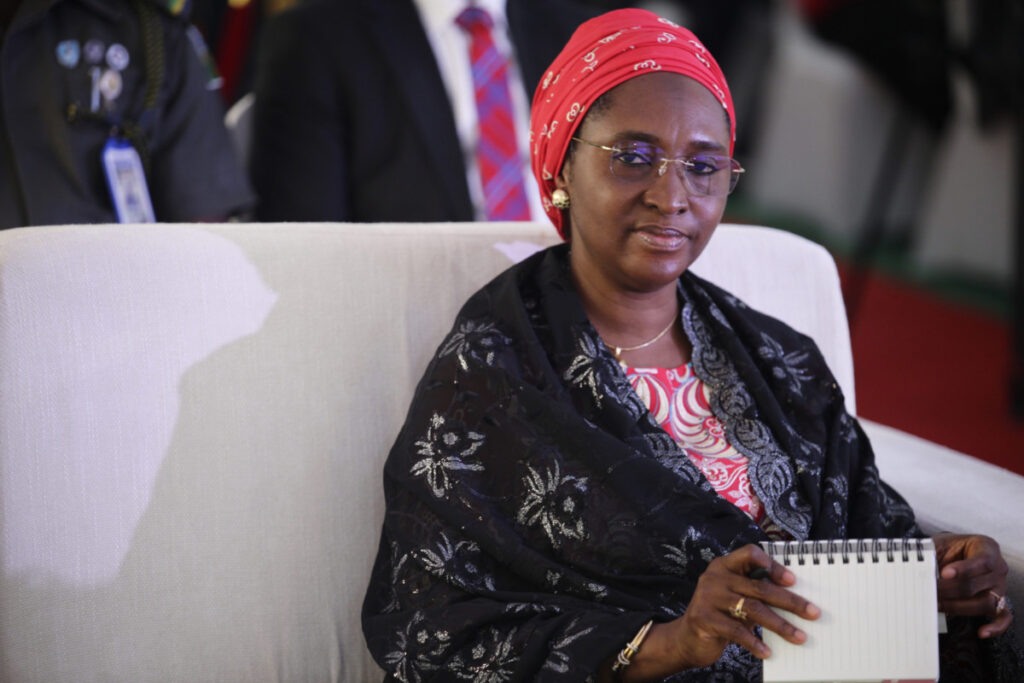President Muhammadu Buhari has approved that import duty should be waived for medical equipment and supplies to strengthen health infrastructure in response to the COVID19 pandemic in Nigeria.
The waiver is the latest of the fiscal policies measures that have been introduced by the federal government to combat the economic implications of the COVID-19 pandemic. It is targeted at critical medical supplies exempted from payment of import duty and value-added tax (VAT).
Announcing the government’s fiscal response to the pandemic, Mrs. (Dr.) Zainab Ahmed, the Honourable Minister of Finance, Budget and National Planning, had said that government would engage other corporates to know what they want the most.
“We do not want to go and say that we are reducing taxes for companies. Some of the companies, for example, the pharmaceutical industry, what they would want is to fast track processes to bring in materials to produce more drugs,” she said.
In her words: “We will be giving them import duty waivers, we will be giving them support to air freight their cargo, because supply chains are broken across the world. There is a need to fast track import of materials that are needed to produce drugs within the country, so we have to have those engagements to be more specific.”
Recall that the measures to facilitate the importation of some COVID-19 essential medical supplies was, according to the Honourable Minister, in line with the indicative list recommended by the World Customs Organisation (WCO) in conjunction with the World Health Organisation (WHO). The WCO/WHO recommended list had been reviewed by the Federal Ministry of Industry, Trade and Investment and the Ministry Finance.
Then speaking on the items for which the country has capacity to produce, she said; “Those items for which Nigeria has adequate local capacity to produce such as textile face masks, undenatured ethyl alcohol, hydrogen peroxide (medical and disinfectant), hand sanitizers and syringes, with or without needles have been removed from the list.”
According the Ahmed “already most pharmaceutical drugs are currently exempted from import duty and VAT in line with the provisions of the ECOWAS Common External Tariff (CET) and the First Schedule to the Value-added Tax (VAT) Act, 2007 as they are considered as essential items”.
These two global organisations had jointly prepared and circulated an indicative list of essential COVID-19 medical supplies and equipment. The list is meant to serve as a guide to governments and Customs Administrations globally, to facilitate the importation and clearance of medicines and medical equipment during the period of the pandemic.
Ahmed, in a request to President Buhari for the approval to implement the fiscal policy measures, had stated: “The list is envisaged to assist humanitarian actors both in the public and private sectors in the delivery of imported medicines and medical equipment to tackle the coronavirus pandemic… To enable for expeditious clearance of the items on the list, some of them would have to be declared as national essential list of COVID-19 medical supplies….” She had requested that the items be prioritised and exempted from the payment of import duty and VAT.
Apart from the decision that the critical medical supplies be exempted from payment of import duty and VAT for a period of six months in the first instance with effect from 1st May, 2020, it is also decided, among others, that the Nigeria Customs Service (NCS) should ensure that in line with Standard Operating Procedures for the clearance of humanitarian/relief materials, these items are given expedited release at all times.
The Honourable Minister strongly believes that this measure will greatly assist in the current interventions toward providing essential medical supplies, and that it will also enable health care institutions at the national and sub-national levels and private healthcare providers bridge the gap in healthcare infrastructure and supplies in the country.






